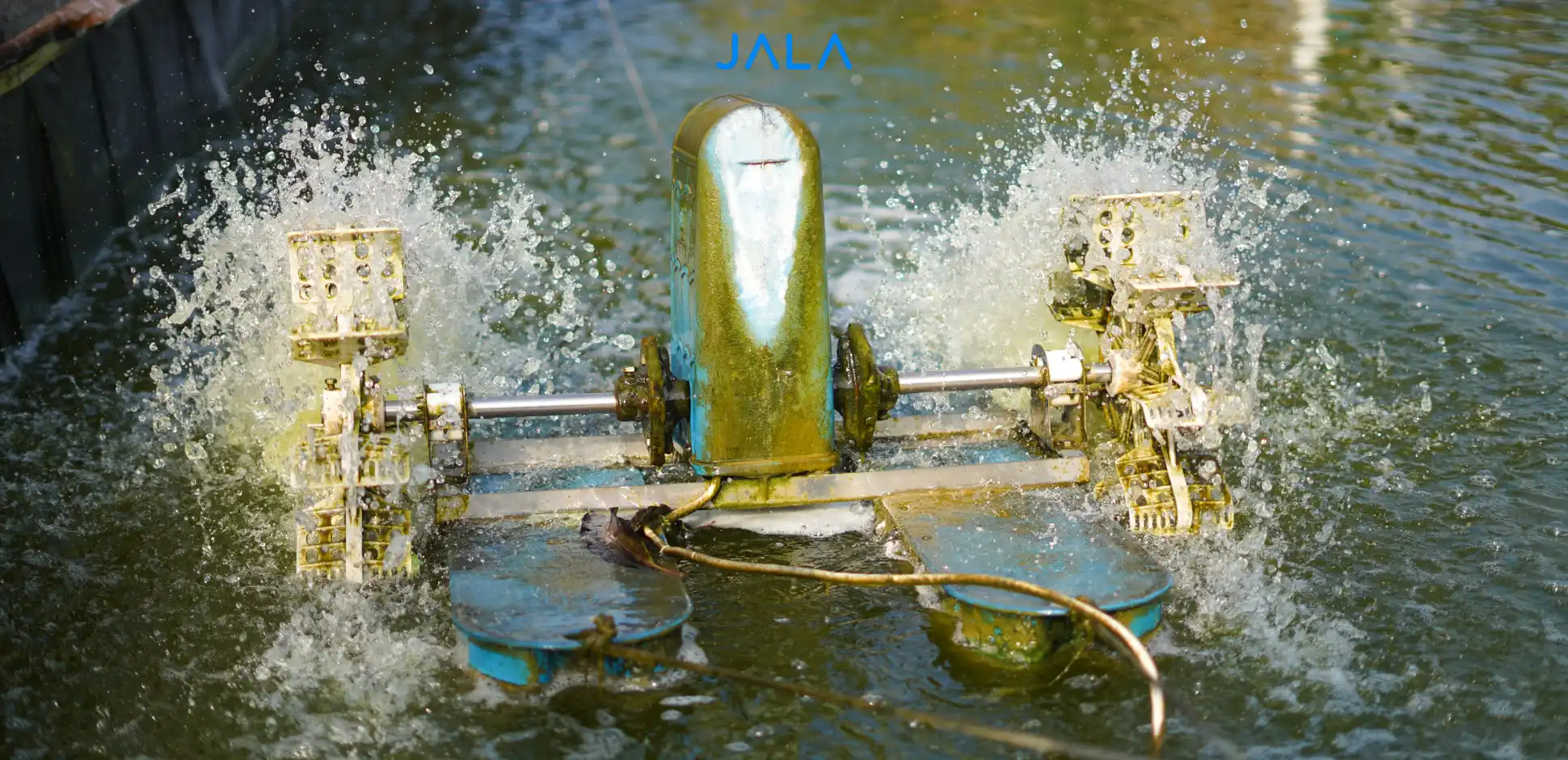
Probiotics are defined as intact microbial cells that give benefits to their host animals. It can balance the microbiological conditions of the host, modify the association form with the host or other microbial communities, increase the utilization of feed nutrients or their nutritional value, boost the host’s immune defenses against pathogens, and improve environmental quality.
In shrimp farming, probiotics are living microorganisms that can give benefits for shrimp health and maintain water quality. Probiotics maintain shrimp health by suppressing the growth of disease-causing pathogenic bacteria and boosting the growth of beneficial bacteria in ponds, thus helping to maintain water quality.





